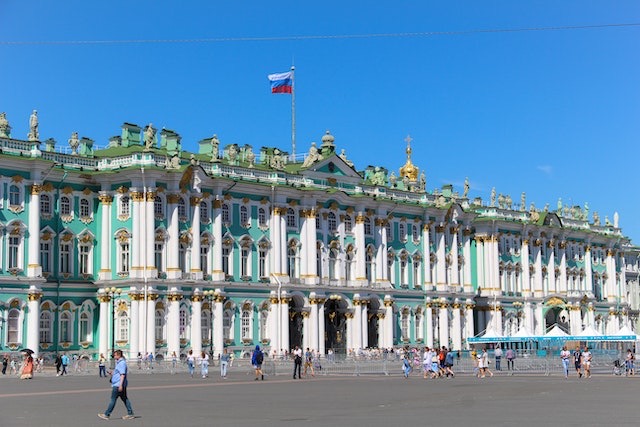In an ever-evolving global economy, countries around the world are seeking new avenues for economic cooperation and growth. Russia and France, two major players on the international stage, have recently expressed mutual interest in exploring opportunities for trade and investment. This article aims to delve into the potential benefits, challenges, and future prospects of economic cooperation between these nations.
The Historical Context:
Russia and France have a long history of diplomatic ties, with trade and cultural exchanges dating back centuries. However, political tensions and economic sanctions imposed in recent years have strained their relationship. The desire to strengthen economic cooperation presents an opportunity for both countries to overcome past differences and forge a path towards mutual prosperity.
Exploring Trade Opportunities:
Russia boasts a diverse range of industries, including energy, manufacturing, technology, and agriculture, offering attractive investment prospects. France, known for its expertise in sectors such as aerospace, luxury goods, and tourism, can contribute valuable knowledge and resources. By capitalizing on their respective strengths, both nations stand to benefit from increased bilateral trade.
One area with significant potential is energy cooperation. Russia possesses vast natural resources, while France has advanced nuclear technology and renewable energy expertise. Collaborative efforts in these sectors could lead to enhanced energy security and the development of cleaner, sustainable solutions.
Investment Prospects:
Foreign direct investment (FDI) plays a crucial role in stimulating economic growth. France, with its well-established multinational corporations, has the opportunity to invest in Russia’s burgeoning sectors. Similarly, Russia, with its expanding market and skilled workforce, can offer attractive investment prospects to French businesses. However, concerns regarding political stability, legal frameworks, and transparency must be addressed to foster a favorable investment environment.
Challenges and Geopolitical Considerations:
It is essential to acknowledge the geopolitical landscape in which Russia and France operate. Both countries have their unique political and strategic priorities, which may sometimes clash. Existing economic sanctions imposed on Russia by Western countries, including France, have implications for potential collaborations. A delicate balance must be struck to ensure economic cooperation does not compromise broader geopolitical interests.
Research and Verification:
As journalists, it is crucial to verify information from reliable sources to ensure accurate reporting. In analyzing Russia-France economic cooperation, one should consult government officials, trade organizations, industry experts, and academic researchers. Collaborating with bilingual professionals or utilizing translation services can aid in accessing primary sources and local perspectives.
Ethics in Reporting:
Maintaining ethical standards is paramount in journalism. Objective reporting requires presenting all sides of the story, fact-checking claims, and avoiding undue bias. In the case of Russia-France economic cooperation, journalists must provide a balanced analysis, addressing both potential benefits and concerns, while refraining from promoting a specific agenda.
Conclusion:
The pursuit of economic cooperation between Russia and France opens up opportunities for trade and investment, marking a potential turning point in their relationship. By leveraging their respective strengths, both nations can foster economic growth, increase prosperity, and overcome past challenges. However, careful consideration of geopolitical factors, addressing concerns over political stability and transparency, and adhering to ethical reporting standards are essential in ensuring a successful collaboration that benefits both countries and their citizens.
Disclaimer: The opinions expressed in this article are those of the author and do not necessarily reflect the views of the publication.












